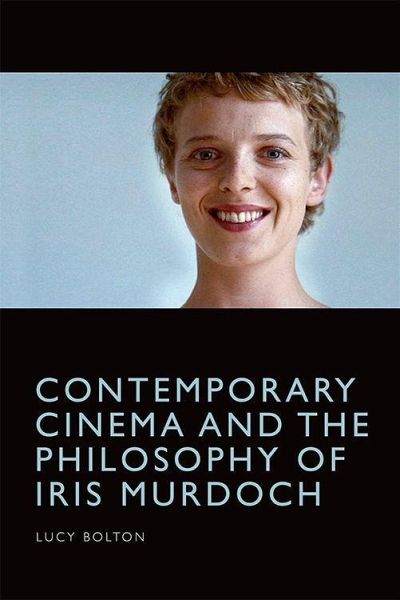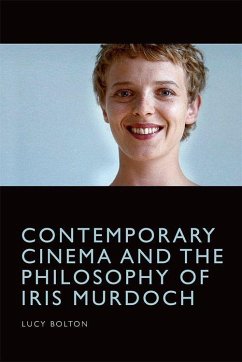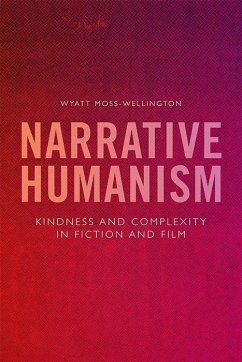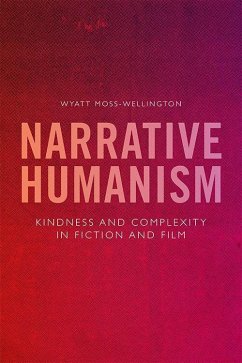
Contemporary Cinema and the Philosophy of Iris Murdoch
Versandkostenfrei!
Versandfertig in über 4 Wochen
122,99 €
inkl. MwSt.

PAYBACK Punkte
61 °P sammeln!
Iris Murdoch was not only one of post-war Britain's most celebrated and prolific novelists - she was also an influential philosopher, whose work was concerned with the question of the good and how we can see our moral worlds more clearly. Murdoch believed that paying attention to art is a way for us to become less self-centred, and this book argues that cinema is the perfect form of art to enable us to do this. Bringing together Murdoch's moral philosophy and contemporary cinema to build a dialogue about vision, ethics and love, author Lucy Bolton encourages us to view cinema as a way of study...
Iris Murdoch was not only one of post-war Britain's most celebrated and prolific novelists - she was also an influential philosopher, whose work was concerned with the question of the good and how we can see our moral worlds more clearly. Murdoch believed that paying attention to art is a way for us to become less self-centred, and this book argues that cinema is the perfect form of art to enable us to do this. Bringing together Murdoch's moral philosophy and contemporary cinema to build a dialogue about vision, ethics and love, author Lucy Bolton encourages us to view cinema as a way of studying other worlds and moral journeys, and to reflect upon their ethical significance in the world of the film and in our daily lives. Lucy Bolton is senior lecturer in film studies at Queen Mary University of London.












